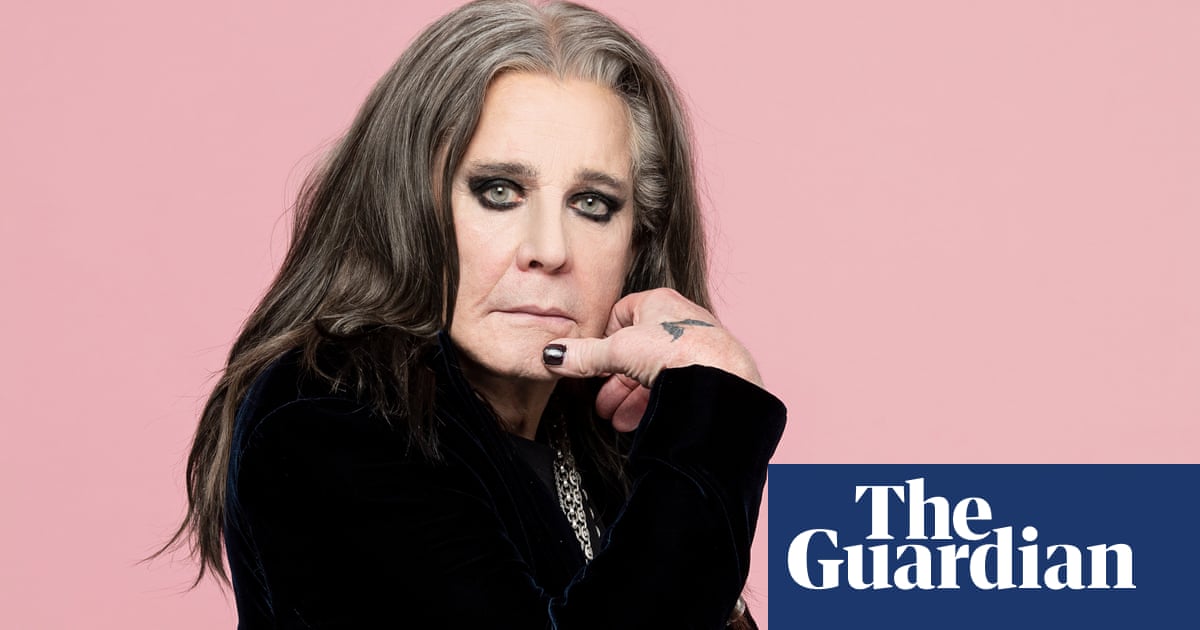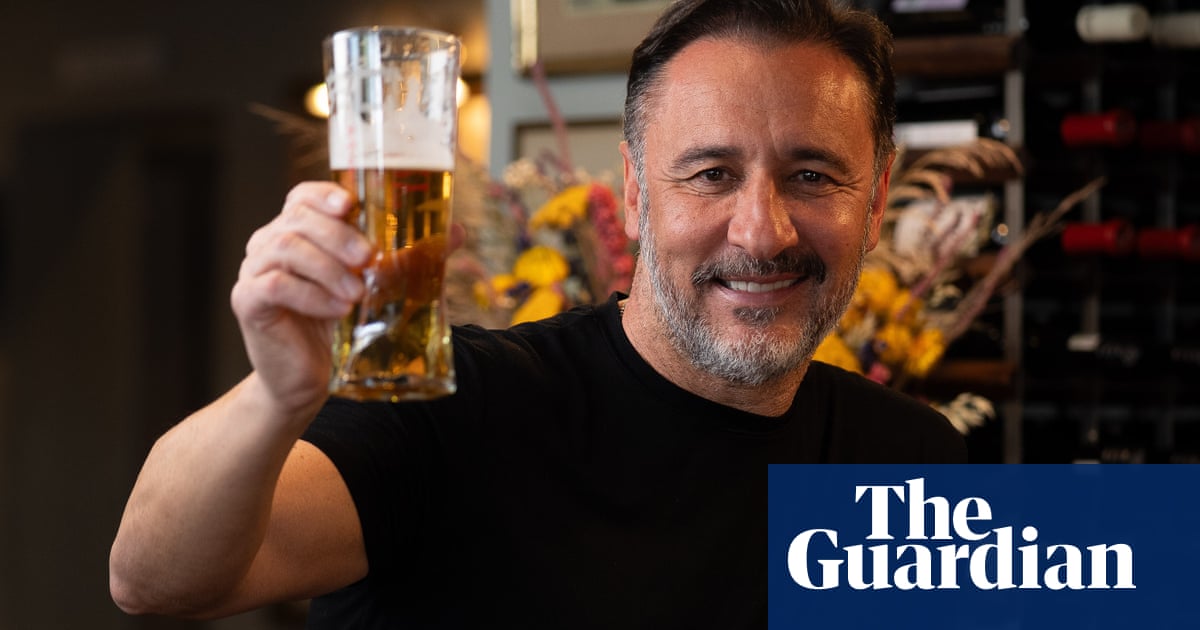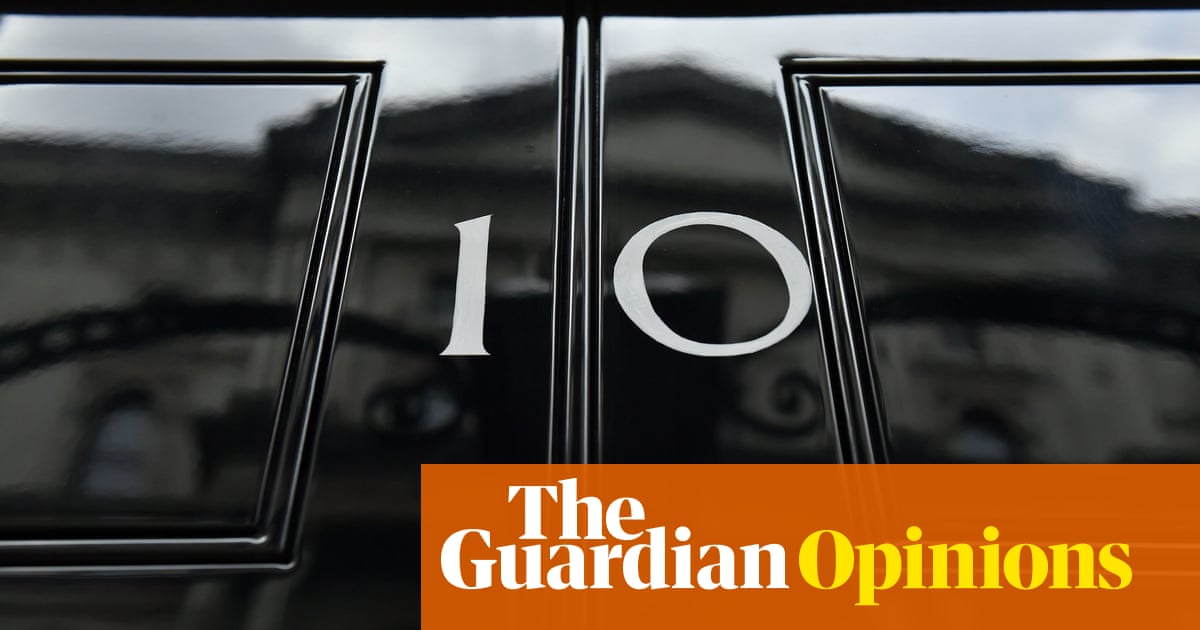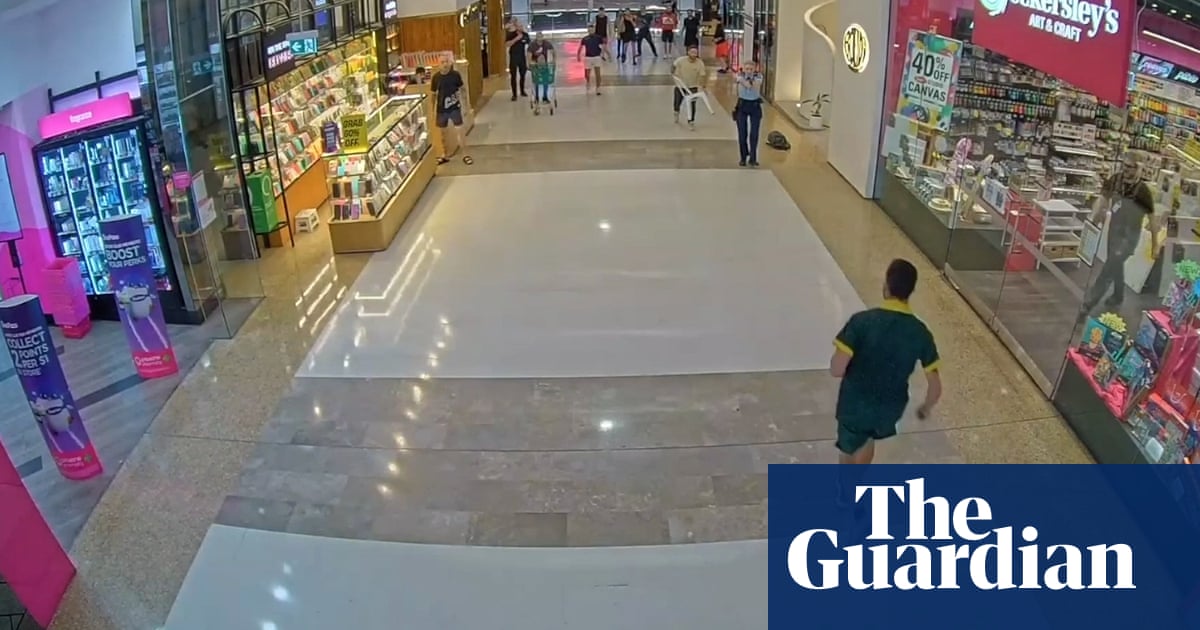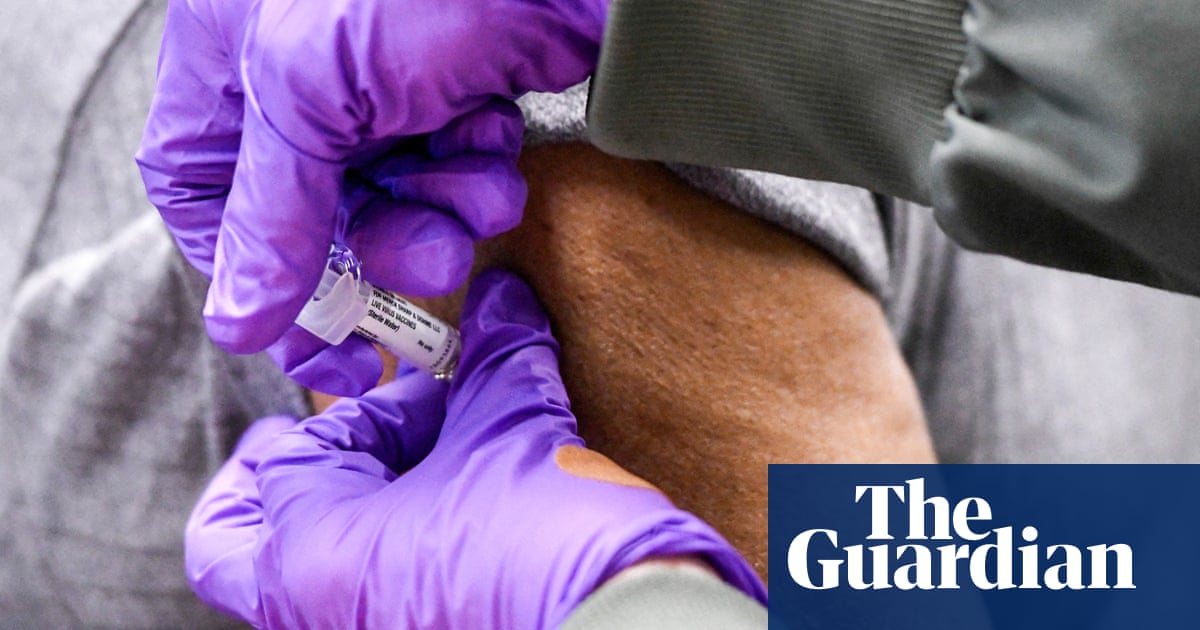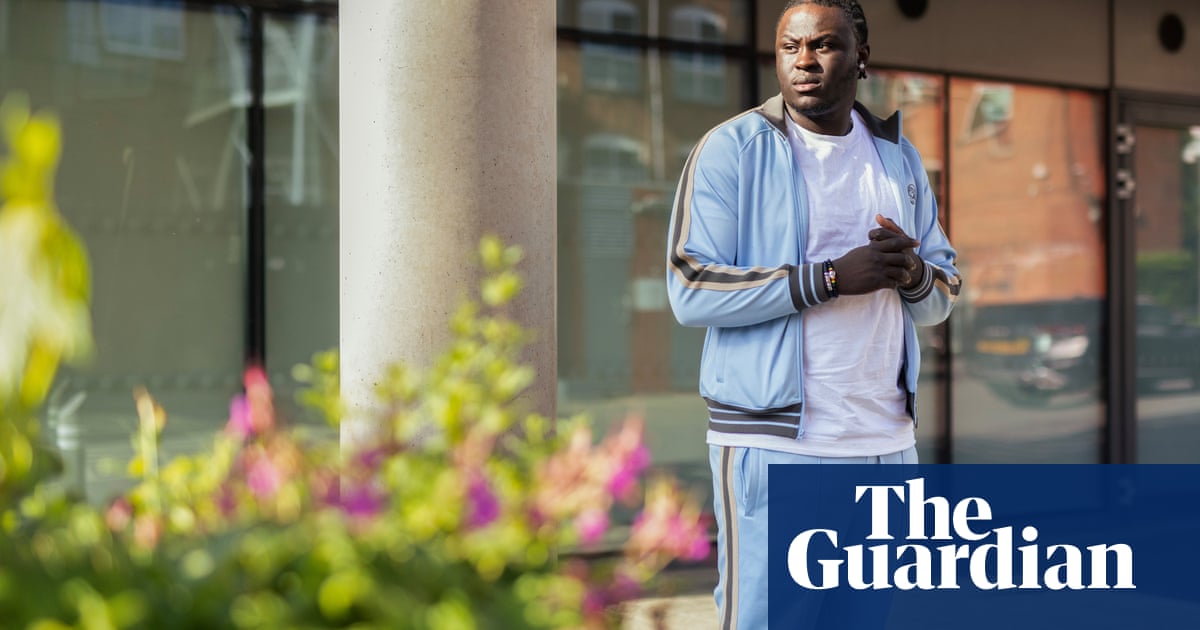In more than 10 years working in the aid sector, I have seen extraordinary innovations, from childhood education programmes for refugee children, to AI-driven flood warnings that alert farmers in some of the most vulnerable places on earth. Many of the initiatives I’ve seen are remarkably impactful and deliver serious value for money: it costs the International Rescue Committee (IRC) just £3 ($4) to deliver a life-saving vaccine dose in the midst of a conflict in east Africa, for example.
The politics surrounding international aid, however, are increasingly toxic. The UK’s Department for International Development and now the US equivalent, USAID, have been dismantled, despite the British public being more than twice as likely to say that aid has a positive rather than negative impact. Denmark has stuck to the UN target of spending 0.7% of its national income on overseas development, yet it is an exception rather than a norm among European nations. The UK government now needs to answer a number of hard questions about aid: what is it for, how should it be delivered, and who should pay for it?
In the 1990s, the fight against extreme poverty was a success story. In 1990, more than one-third of the global population lived on less than $2.15 a day; by 2015, that had shrunk to about 10%. Chinese and Indian economic development was critical, but so were aid and debt write- offs such as the Heavily Indebted Poor Countries initiative. Today, however, the World Bank warns that global poverty reduction has come to a near standstill, and 700 million people are living on less than $2.15 per day.
Ukraine is now the world’s largest aid recipient. The IRC is proud to work there. But the other 19 countries on the IRC’s 2025 Emergency Watchlist, which outlines the world’s worst humanitarian crises, are home to more than 240 million people facing increasing displacement and escalating violence. Their needs are acute, from extreme hunger to a lack of basic healthcare and clean water. These 19 countries receive only 12% of total official development assistance (ODA). Of the $212bn global aid budget, more goes to middle and upper-middle income countries than to the least-developed countries.
Over the past 10 years, with the launch of the 17 sustainable development goals in 2015, and especially since Covid, aid funds have been used for a range of goals, each desirable in and of themselves, but increasingly in competition with the immediate needs of the poorest people. Humanitarian aid averages about 14% of the total global aid budget, and health spending about 10%. OECD (Organisation for Economic Co-operation and Development) analysis shows the largest share of bilateral aid in 2017-21 went on addressing global challenges such as climate mitigation.
Meanwhile, richer donor countries are spending as much of their aid budgets on supporting refugees and asylum seekers at home as the total that is spent on humanitarian aid globally. The UK has been part of this trend. Its aid commitments to overseas development have been falling since 2020, and nearly 20% of British “overseas aid”, around £4bn a year, is actually being spent in Britain, on the costs of housing refugees and asylum seekers.
The most acute needs are increasingly concentrated in fragile states where governments are weak or at war. The focus of the world’s aid budget is being diluted across multiple priorities, and its overall size is being reduced. Meanwhile, the hope that public-private partnerships would direct investment to the poorer parts of the world has not been fulfilled, and the macro-economic environment has turned sour, with rising interest rates sucking money out of developing countries.
As the government prepares for its spending review, it has the opportunity to advance Britain’s interests and do the right thing. First, it should make sure that its commitment to spend 0.3% of national income on overseas aid actually goes abroad to help those in greatest need. Second, Britain should use its voice and money to focus aid on fragile and conflict-affected states. The government’s continued support for Sudan, which is now the site of the world’s largest humanitarian crisis, is good policy. However the UN’s humanitarian response plan for Sudan remains only 12% funded, largely because of reduced American support.
Third, it should focus aid on proven, high impact programmes. There are 45 million acutely malnourished children in the world today, yet the current system for treating them, which is divided between different UN agencies, fails to reach 80% of those in crisis-affected states. IRC programmes have shown how reforming the system to empower community health workers could deliver a cost efficiency gain of 30%, reaching millions more children without spending more money.
Fourth, the UK should also lead with its strengths. One particularly promising area is leveraging Britain’s leadership in financial services to create new funding mechanisms for development. Currently only 12% of private finance goes to the 25 lowest-income countries , yet incentives for private investment can work in countries that are more stable. To help lower income countries develop their economies, the government needs to adopt a comprehensive approach. Remittances could play a role, for example: they amount to nearly $700bn annually, almost three times the global aid budget. Debt relief could help put education and health systems on a sounder financial footing. And financial mechanisms that blend funding from public and private sources could then build on these more solid foundations.
Finally, the government’s “reset” of our relations with the rest of Europe should include shared endeavour to help the world’s poorest. The EU is a massive player in this area, with the funding and tools to make it a natural partner for British aid efforts. In all these areas, Britain’s interests and reputation will be advanced by activism and innovation, not retreat. The world is more connected. Neglecting other parts of the world will only come back to bite us. The government’s cuts are regrettable, but now we need a strategy for the funding that remains.
-
David Miliband is president and CEO of the International Rescue Committee

 6 hours ago
9
6 hours ago
9
